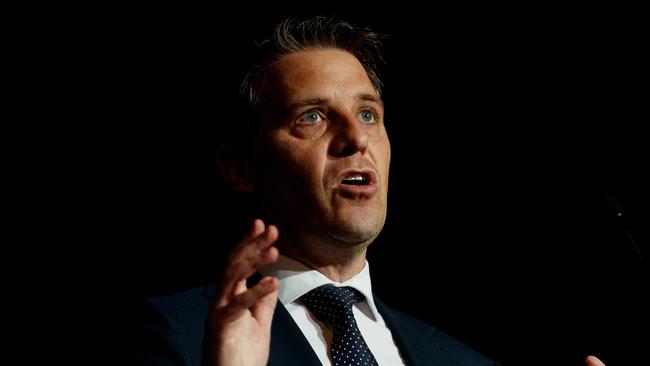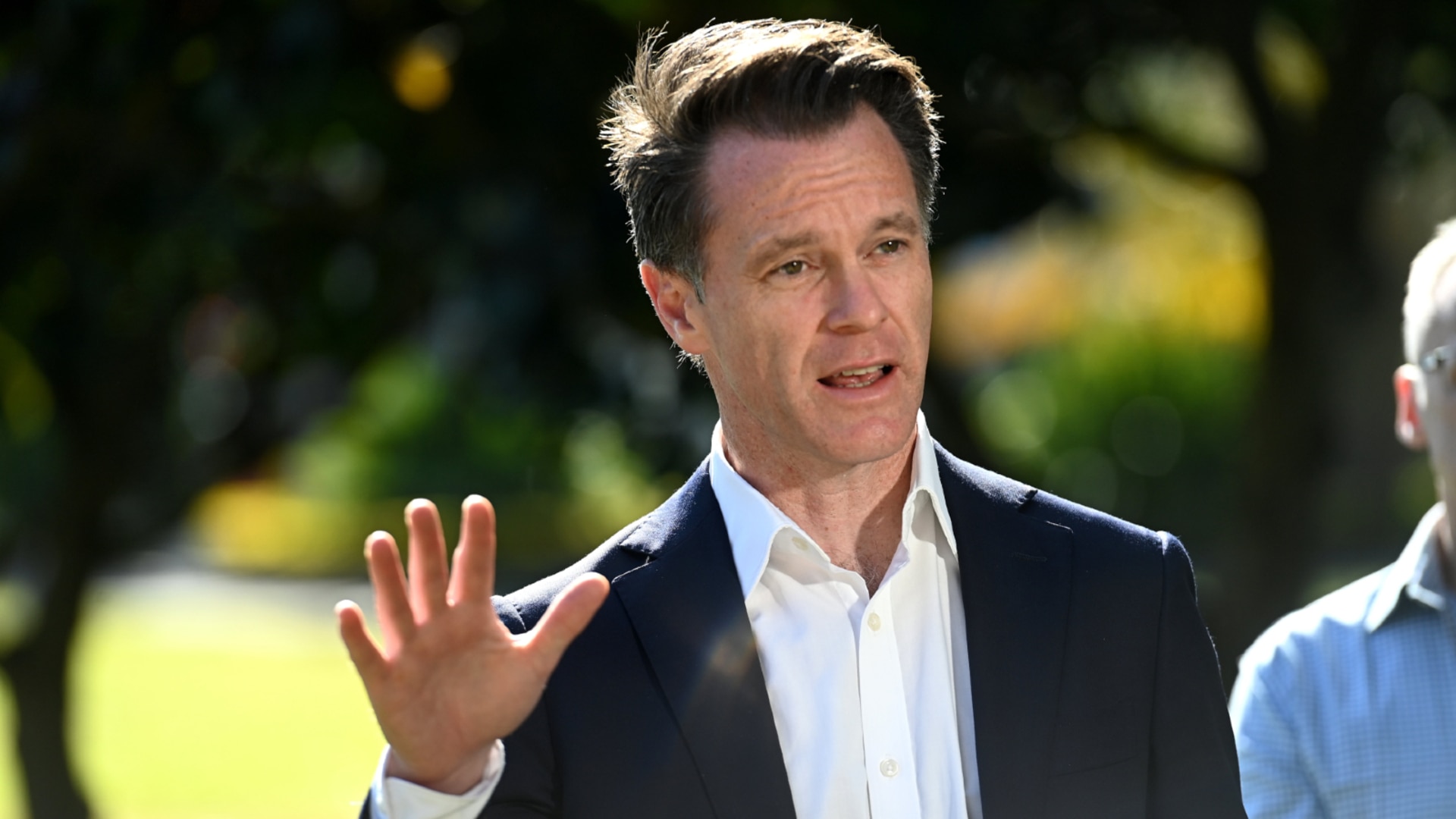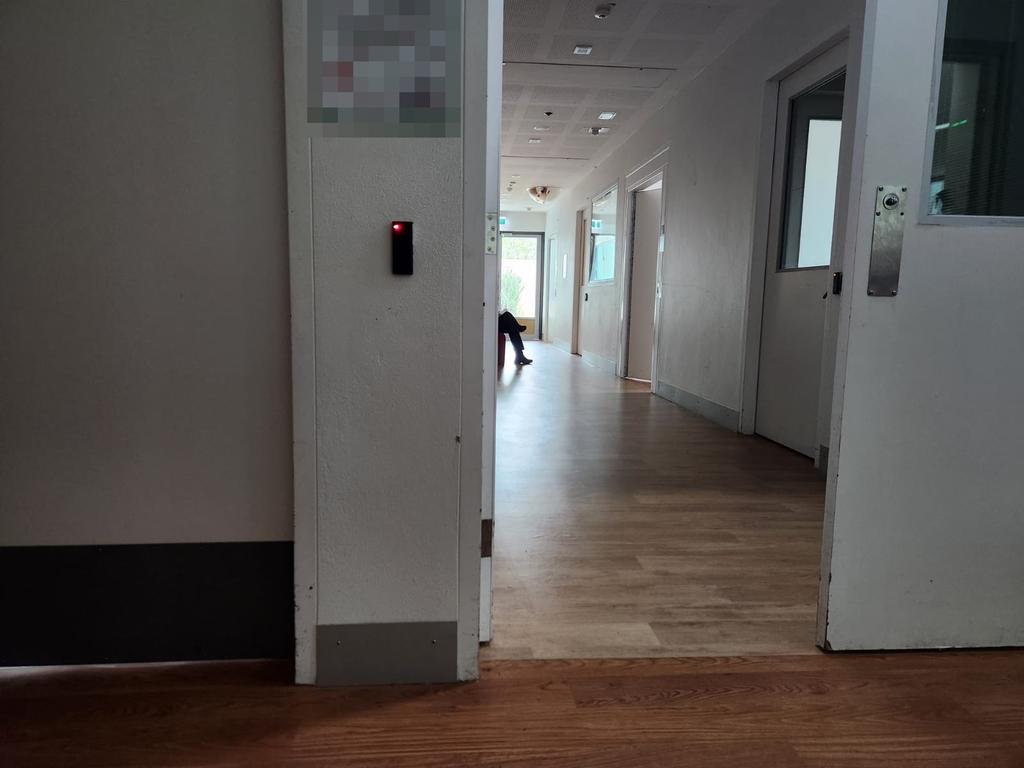NSW is refusing to buckle to psychiatrists’ demands and begs them to withdraw their resignations
The NSW government has escalated its brinkmanship with its psychiatry workforce, refusing to pay them more and warning of the widespread impacts of mass resignations.

The NSW government has escalated its brinkmanship with its psychiatry workforce, refusing to pay them more and warning of widespread impacts across the state’s health system of mass resignations.
A total of 201 staff specialist psychiatrists working in public hospitals in NSW have handed in their resignations in an extraordinary mutiny of a very large chunk of the workforce prompted by concern over declining quality of patient care and a critical recruitment and retention crisis. NSW psychiatrists are paid less in NSW than their counterparts in Queensland and Victoria. Public sector psychiatrists in NSW are asking for a 25 per cent pay increase to stop the mental health system bleeding permanent staff, with at least a third of the psychiatry workforce in the state now made up of locums.
Health Minister Ryan Park is now begging the doctors to withdraw their resignations, arguing it is impossible for the government to strike a deal for extra pay for one medical specialty without triggering widespread pay demands across the entire health sector.
“We say to psychiatrists, please don’t do this,” Mr Park said. “Remain at the table. Don’t do this to patients. Don’t do this to the healthcare system that I know you love and support.
“We value the work that you do, we understand the critical role psychiatrists play across the NSW health system, often supporting the most vulnerable people in some very, very difficult times.

“We also understand ... that after a decade of wage suppression in this state, there are obviously differences in remuneration. We simply cannot afford these types of wage increases.
“Whilst there are several hundred psychiatrists, there are around about 4200 staff specialists (across all medical specialties). So I think people can understand that if we were to move into this area of providing this level of increase, the likelihood of many other staff specialist groups asking for an increase akin to this is very, very likely, and that is not something that the NSW can deliver, it’s not possible for any government to deliver.”
Psychiatrists are asking for pay increase of 25 per cent which they argue is necessary to stop the exodus of permanent staff from the system amid decades of neglect of those with severe conditions. They’re pointing to a deal struck about a decade ago with emergency physicians amid a similar staffing crisis.
The NSW government offered at 3.5 per cent a year increase in pay over 10 years to a total of 10.5 per cent for all staff specialists last year as part of industrial negotiations but this was rejected and these negotiations are ongoing.
There are around 460 staff specialty positions in public sector psychiatry but the workforce crisis is so acute that only 260 of those positions are now filled by permanent staff specialists. If 201 of those doctors’ permanent employment ceases on the designated date of January 21, the government will be forced to rely even more heavily on locums, who are paid at least three times as much.

Mr Park and health secretary Susan Pearce on Saturday announced their contingency plan for dealing with the upcoming crisis and insisted they were not in a position to negotiate over pay demands, despite the likely outcome being a much greater expense to taxpayers of employing locum psychiatrists, widespread knock-on effects to the rest of the health system, and poorer patient outcomes.
Contingency planning includes engaging with the Commonwealth and the private sector around extra and additional workforce capacity that they may have, setting up a mental health operations centre to manage workforce planning across the entire mental health system statewide, bolstering support for the state’s mental health triage telephone service. and working other call centre and virtual care services.
Mr Park the 25 per cent pay increase amounted to about $90,000 in extra pay for every staff specialist psychiatrist. That figure is calculated on the basis of a $360,000 salary. There is dispute over how many psychiatrists in fact earn that amount of money. Mr Park said the actions by staff specialists would jeopardised patient care as well as impacting emergency departments, surgical wards, paediatric wards as well as ambulance services.
“We simply can’t have a situation where the most vulnerable patients in our community are put at risk,” he said. “It is going to have an impact on patients. It’s going to have an impact on staff. I’m very concerned the impact that this could have on some of the most vulnerable patients that present to our hospitals in our emergency departments.”
Pramudie Gunaratne, the NSW chair of the Royal Australian and New Zealand College of Psychiatrists, said the profession was also extremely concerned about the ramifications for patients but that the government’s planned stop-gap measures were “fundamentally unsafe”.
“We are extremely concerned about the stop-gap measures the government announced today of mass bed closures and the capping of new admissions to mental health wards,” Dr Pramudie said. “These measures are fundamentally unsafe, putting patients at risk and throwing our mental health workforce dangerously into the deep end without senior doctor supervision.
“The system is already in crisis, the mass resignations were brought on by the fact that a third of public consultant psychiatrist positions are currently unfilled in NSW, owing largely to pay and condition disparities with our neighbouring states. Our actions are about patient safety and resourcing the psychiatry workforce appropriately.
“The exaggerated costs that the government quoted to fix the problem is misleading. The real solution we are proposing is affordable and will provide a long-term outcome instead of this dangerous, near-sighted, and expensive approach the Government are adopting to address this workforce crisis.”







To join the conversation, please log in. Don't have an account? Register
Join the conversation, you are commenting as Logout